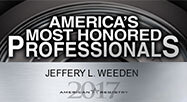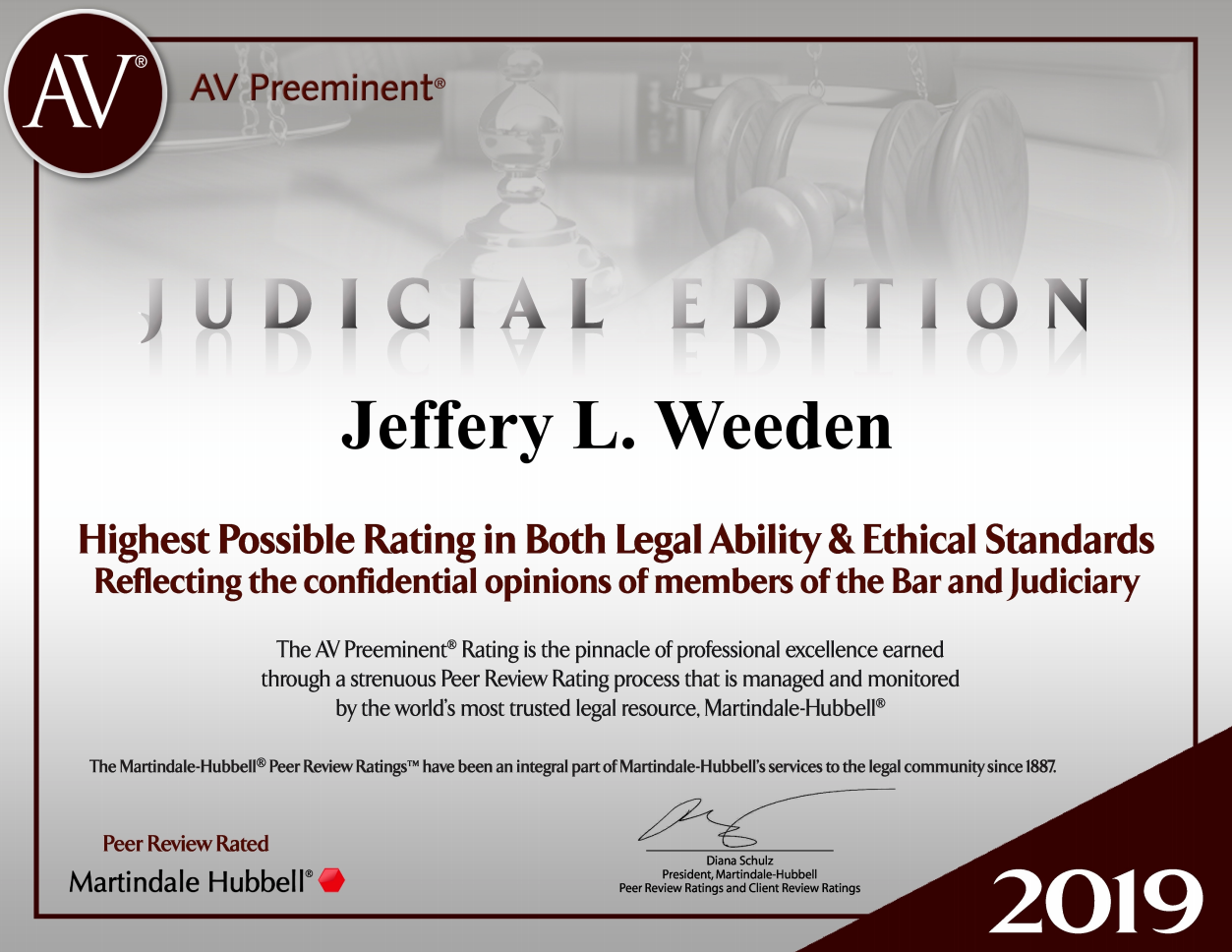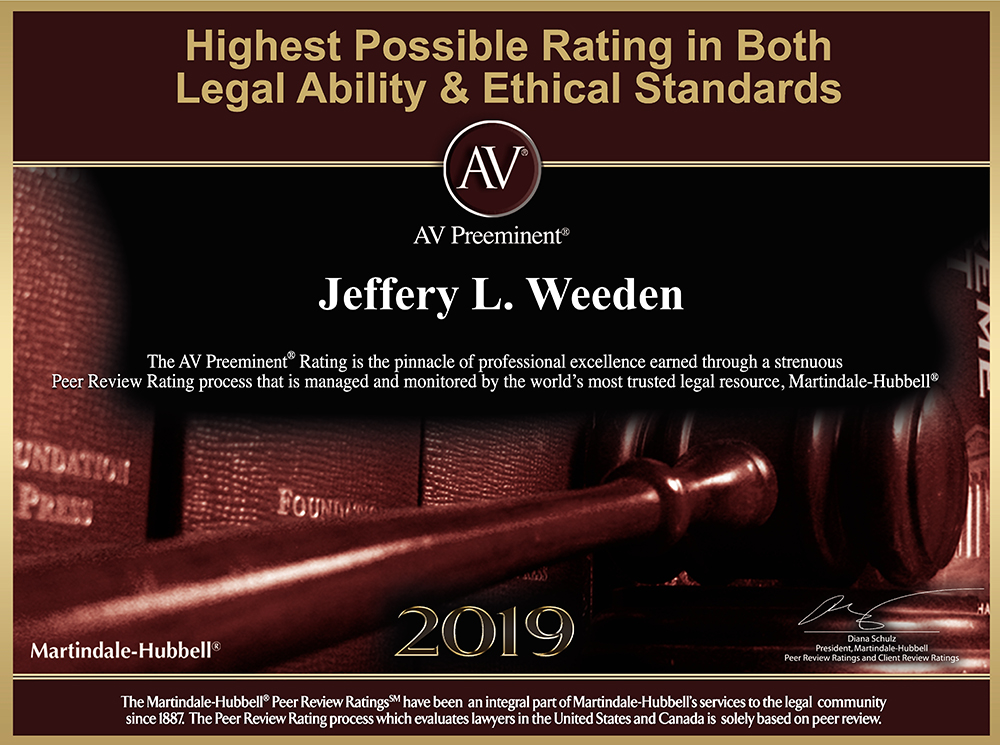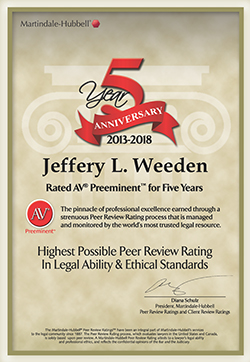Experienced Denver Criminal Defense Attorney for Property Crimes in Colorado
There are a variety of criminal offenses that fall under the umbrella of property crimes in Colorado. From theft and burglary to vandalism and arson, property crimes can result in serious criminal penalties.
If you have been accused of a property crime in Colorado, Denver criminal defense attorney Jeff Weeden is here to help. With his vast experience in criminal defense work in and around Denver County, he can help build a strong defense on your behalf, ensuring you receive the best possible outcome in your case.
Call a property crime lawyer at WeedenLaw today at (720) 307-4330 to schedule a free initial consultation with us regarding your case.
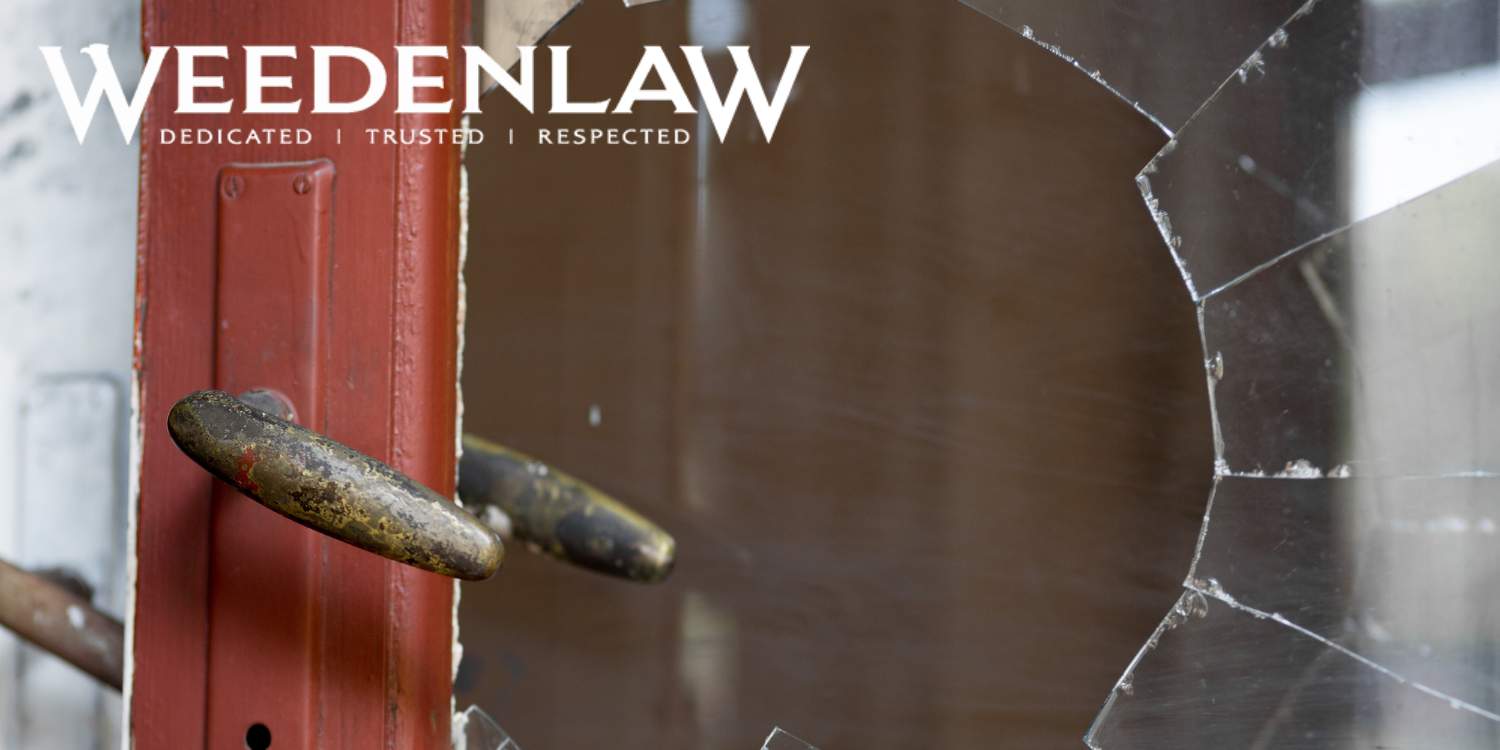
What are Property Crimes?
Property crimes are any criminal offenses that involve personal property. In Colorado, this includes stealing, destroying, or damaging someone’s personal belongings, as well as destroying, damaging, or illegally entering someone’s home, building, or private land.
Types of Property Crimes in Colorado
At WeedenLaw, we handle a variety of different property crimes in the Denver area. Below are some of the most common types of property crimes that we see in Colorado.
Burglary
Burglary is any unlawful entry into another person’s property with the intent to commit a crime, usually theft. In Colorado, there are three degrees of burglary, which are defined based on the circumstances surrounding the burglary, the intended target of the burglary, and the type of property on which the burglary occurred.
Those accused of burglary in the Denver area should quickly seek the help of a Denver burglary lawyer like Jeff Weeden for legal guidance and representation to navigate the complexities of Colorado’s legal system and ensure their rights are protected.
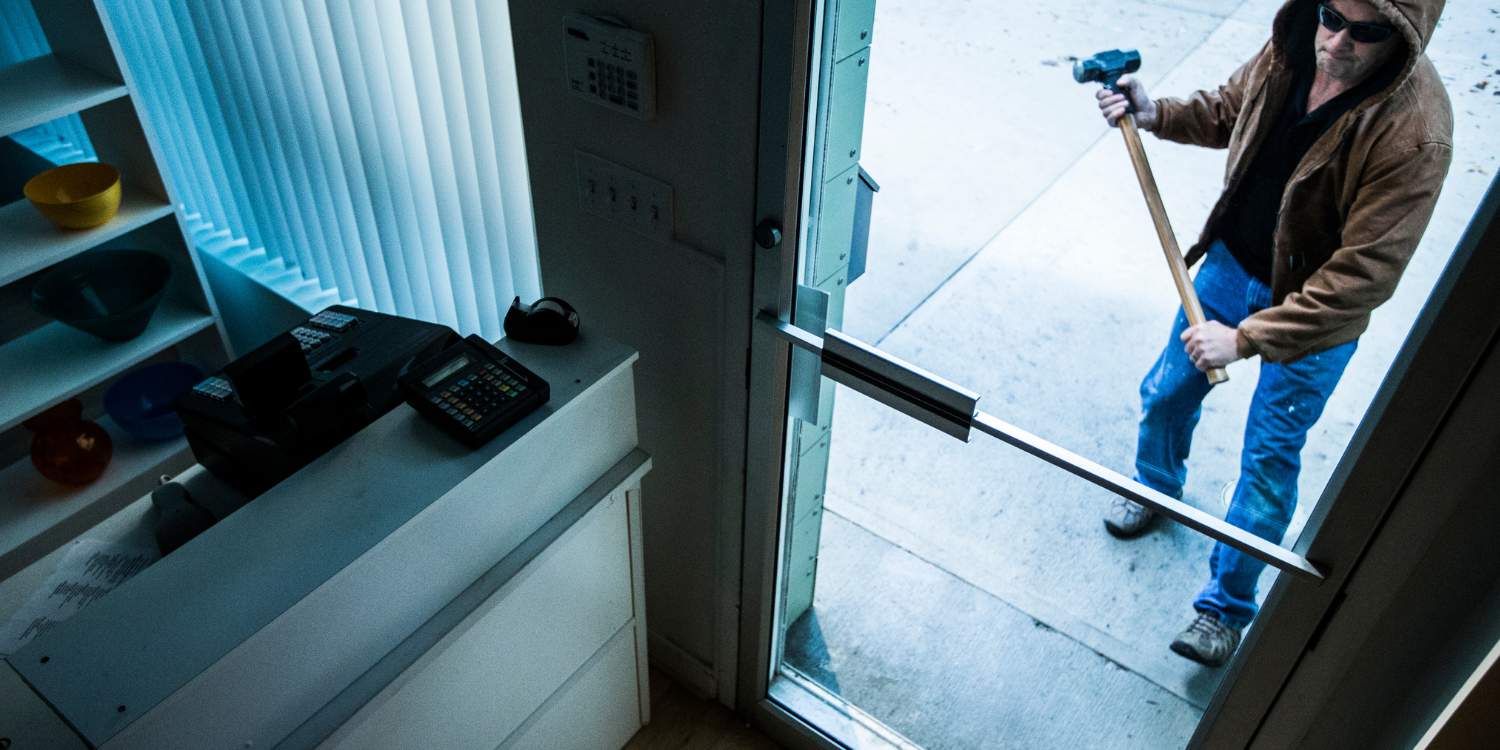
Theft
One of the most common property crimes is theft, which is the act of stealing personal property from another person with the intent of permanently depriving the rightful owner of the property. This includes acts like petty larceny, larceny, grand larceny, and grand theft auto, also known as motor vehicle theft.
The punishments for these theft crimes are dependent on the value of the stolen property and the type of property stolen. For example, auto theft is charged differently than other forms of theft. A Denver theft lawyer like Jeff Weeden can help explain the consequences of various types of theft charges in Colorado.
Robbery
Robbery is the act of taking another person’s belongings through the use of force, threats, or intimidation. If the person committing robbery uses a deadly weapon (or even something made to look like a deadly weapon) in the commission of the crime or immediately after the act, they could be charged with aggravated robbery in Colorado.
Robbery is often confused with burglary, but there are a few key differences between burglary and robbery under Colorado criminal law. Burglary can only occur when someone illegally enters another person’s property to commit theft or another crime. Robbery, on the other hand, can occur anywhere and requires the perpetrator to use force or threats in the act of committing theft.
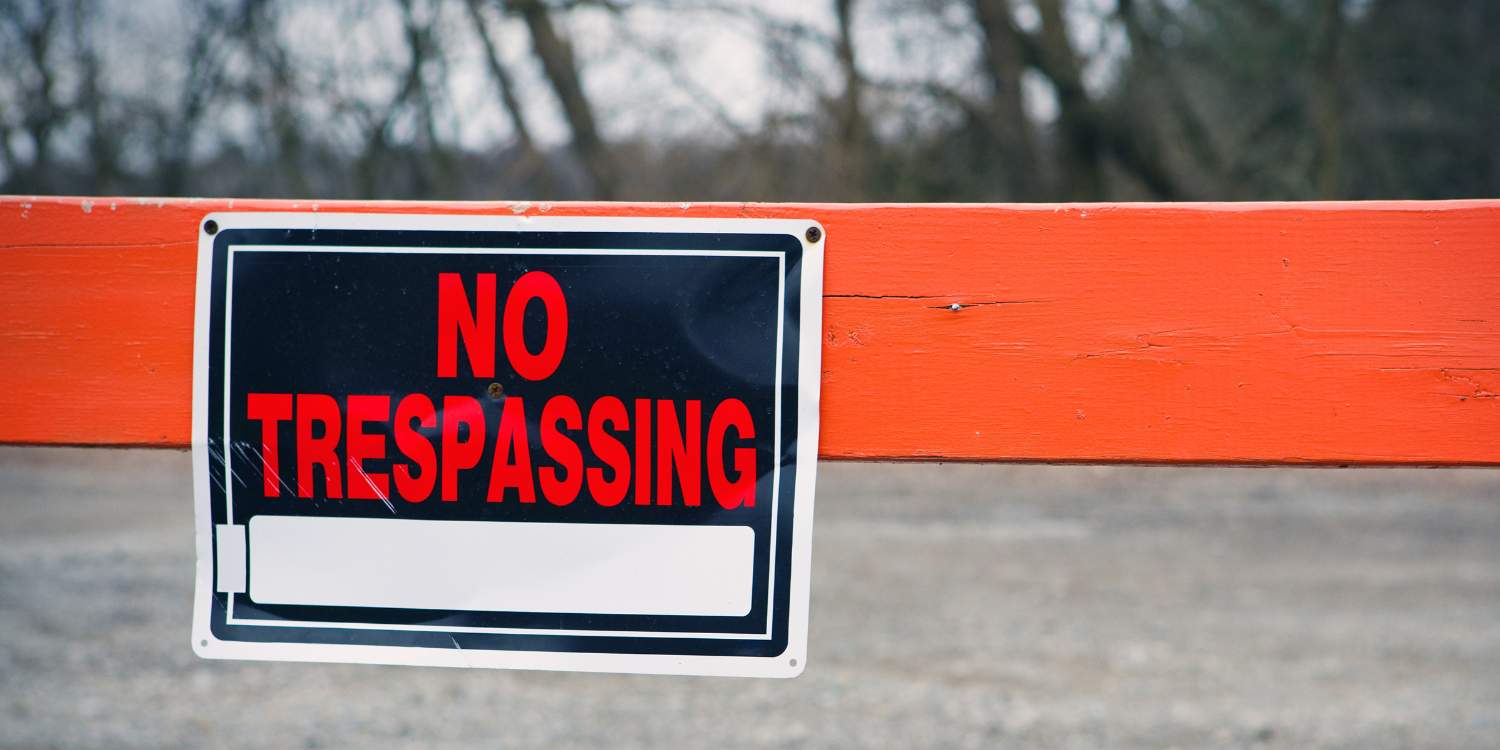
Trespassing
In Colorado, trespassing occurs when someone illegally enters someone else’s property or remains on the property after being told to leave. In most cases, trespassing in Colorado is a petty crime, but it can be charged as a felony depending on the circumstances surrounding the act and the type of property that the person is trespassing on.
For example, unlawfully entering someone’s home can result in a Denver misdemeanor charge, but unlawfully entering an occupied home can result in a felony charge.
Criminal Mischief
Another common property crime in Colorado is criminal mischief, also known as vandalism. Criminal mischief is the act of damaging another person’s property. The severity of the criminal charge is dependent on the value of the property that’s been damaged.
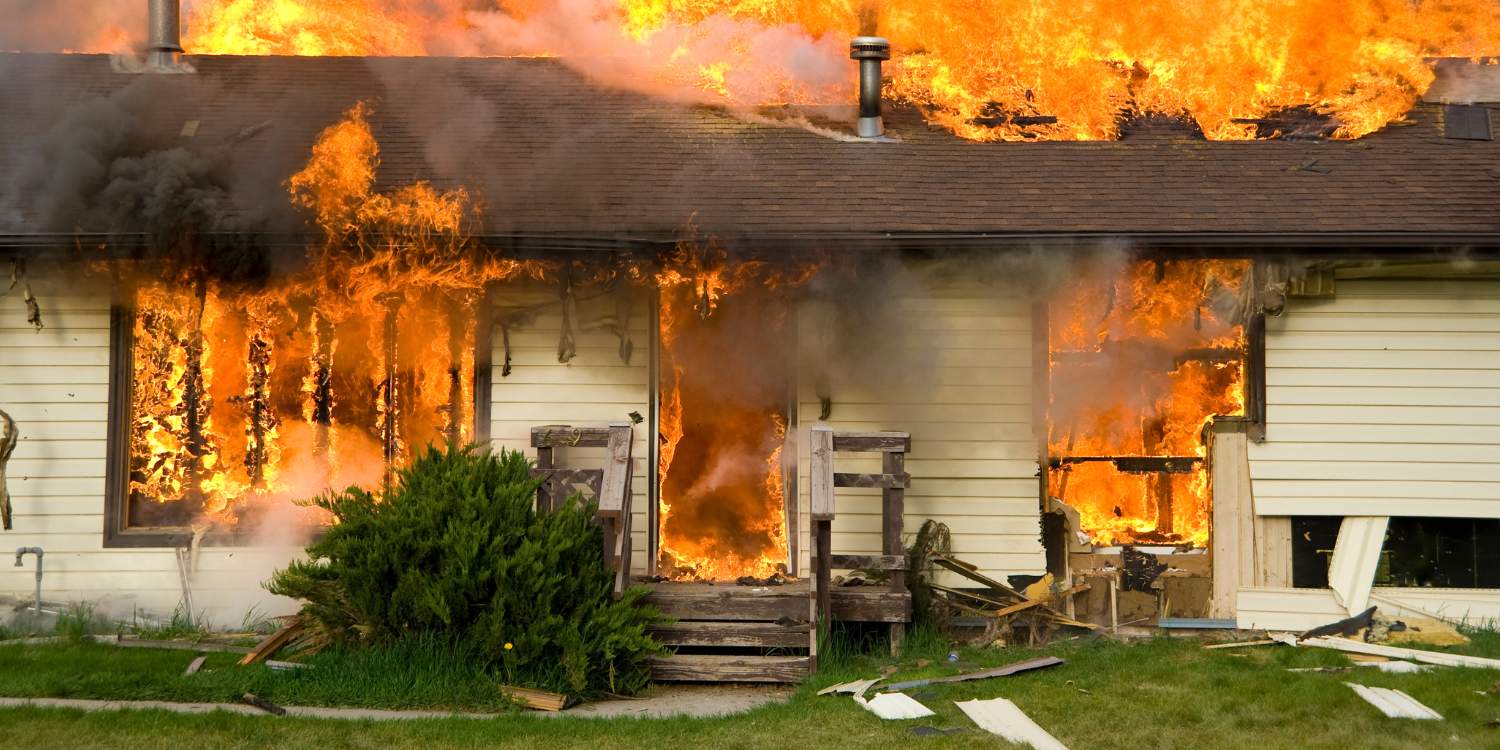
Arson
In Colorado, arson is the act of using fire or explosives to cause damage to certain types of property. This can be done by recklessly or intentionally setting fire to someone’s own property or another person’s property. This can also be done by recklessly or knowingly using explosives to damage someone’s own property or another person’s property.
Arson is separated into four degrees, with each one outlawing certain fire-related criminal acts. Additionally, the penalties for arson in Colorado vary wildly, depending on the type of property that is damaged, the value of the property, and the intent behind the act.
Defacing Property
Similar to criminal mischief, defacing property is the act of defacing or destroying certain types of property. Under Colorado law, it is illegal to damage or deface:
- Certain written documents like land deeds
- Historical landmarks or monuments
- Caves (including natural caves as well as mines, tunnels, and aqueducts)
- Posted notices
The penalties for these crimes are dependent on the type of property that was defaced, as well as the extent of the damage done to it.

Crimes Against Property Examples
Many different acts can be defined as property crimes under Colorado law. Some examples of property crimes include:
- Breaking and entering into someone’s home
- Stealing someone’s car
- Spray painting graffiti on a building
- Keying someone’s car
- Shoplifting
- Entering restricted areas without permission
- Staying on someone’s property after being told to leave
- Setting someone’s home on fire
- Egging a building
- Damaging a historical monument
What are the Penalties for Property Crimes in Colorado?
There are different penalties for different property crimes in Colorado, with punishments often including fines and/or jail time. If you have been accused of a property crime in Colorado, a Denver criminal defense lawyer can help you understand your charges as well as the potential penalties associated with them.
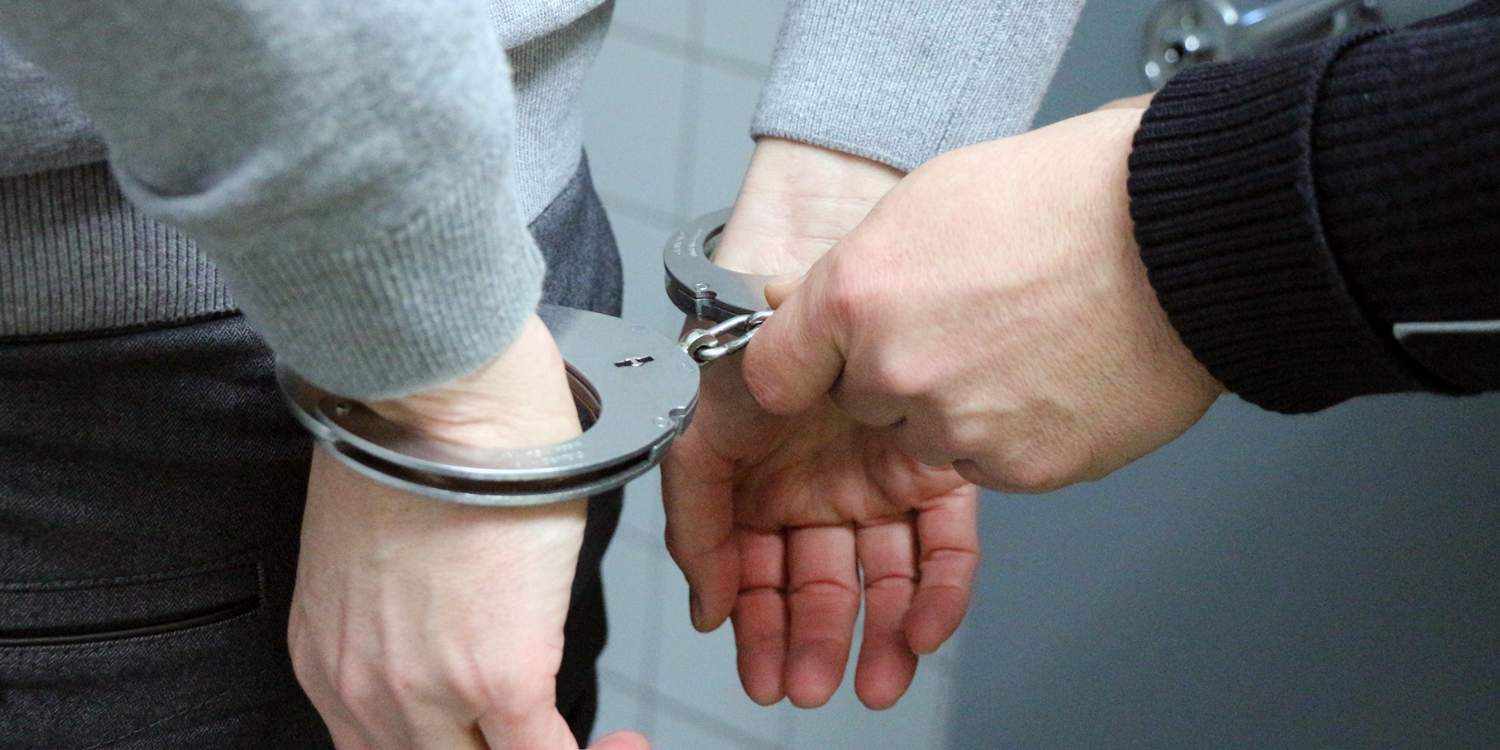
How a Criminal Defense Attorney Can Help With Property Crime Charges
In property crime cases, having an experienced attorney on your side can make the difference between prison and freedom. Criminal defense lawyers are experienced in handling criminal cases, including those involving serious property crimes. They can evaluate forensic evidence, gather expert witness testimony, and scrutinize the state’s case against their client to ensure their client has the best chance of a successful case outcome.
If you are looking for a criminal defense attorney in Denver who is experienced in fighting against property crime charges, look no further than Attorney Jeff Weeden. At WeedenLaw, we will help you navigate through Colorado courts, ensuring you know exactly what to expect from your case. Not only that, but we will aggressively defend you and your rights, both inside and outside of the courtroom, ensuring you receive the best possible outcome.
We at WeedenLaw will accurately evaluate the evidence in your case, finding weak points in the DA’s claims and using them to your advantage. For instance, if the police illegally searched you at any point in the process, the state’s argument may be invalid.
Our meticulous attention to detail and ability to develop a strong defense allows us to combat even the most serious criminal charges. With our long history of successful case results, you can rest assured that your case is in capable hands.
Colorado Property Crime FAQs
Below are some of the most common questions we get asked about property crimes in Colorado.
What is the Most Common Property Crime?
According to the Federal Bureau of Investigation (FBI), theft is the most common property crime in America today. According to the FBI’s Crime Data Reporter, larceny made up over 70% of all property crimes in 2022.
Is Egging a House Illegal?
Yes, egging a house is considered illegal in most places. In Colorado, egging a home would likely fall under criminal mischief (CRS § 18-4-501), and the punishment for the crime would depend on the extent of the damage caused by the egging.
Can Trespassing Charges Be Dropped?
Yes, trespassing charges can be dropped, but it’s not very likely to happen. Oftentimes, when someone is accused of trespassing, the property’s owner will press charges against the trespasser. However, even if the property owner later decides that they no longer want to press charges, the DA might still prosecute the person for trespassing.
If you have been accused of trespassing, the best way to have your trespassing charges dropped is by contacting a property crime defense attorney. They can help fight to have your charges dropped or negotiate a favorable plea deal with prosecutors.
Is Criminal Mischief a Felony?
Yes, criminal mischief can be a felony in certain cases. In Colorado, it is a felony to cause $2,000 or more in damage to someone’s real or personal property.
Is Larceny a Property Crime?
Yes, larceny (also known as theft) is a property crime. Since larceny involves depriving someone of their personal property, it’s considered to be a property crime in most legal jurisdictions.
What is the Statute of Limitations for Trespassing in Colorado?
In Colorado, the statute of limitations for trespassing can either be 18 months or 3 years from the date the alleged offense occurred, depending on the circumstances surrounding the trespassing. For example, if someone commits felony trespassing, they can be charged with a crime for up to 3 years following the act.
Can I Be Charged With Burglary if I Didn’t Steal Anything?
Yes, you can still be charged with burglary even if you don’t steal anything. In Colorado, if you break into another person’s property with the intent to commit theft or another crime, you can be charged with burglary, even if you didn’t actually take anything from the property owner.
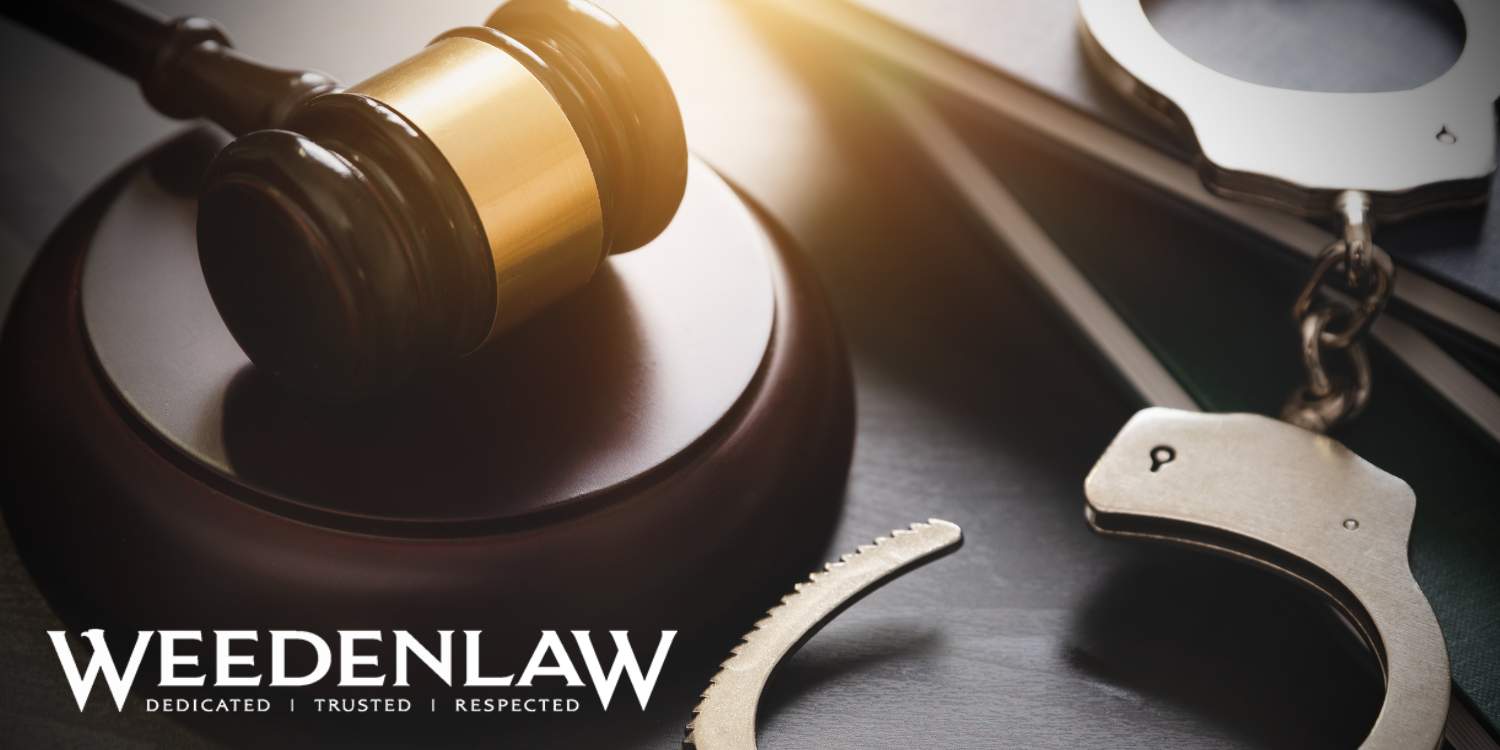
Call Denver Criminal Defense Lawyer Jeff Weeden at WeedenLaw Today for a Free Consultation
Don’t let criminal charges define your future–if you have been accused of a property crime in Colorado, contact a Denver property crimes lawyer at WeedenLaw today. With our in-depth knowledge of Colorado criminal law and our experience in the local criminal justice system, we can help guide you through your case, helping you reach the best outcome, whatever that may be.
Call our Denver, CO law office at (720) 307-4330 or contact us online to schedule a free consultation with Attorney Weeden regarding your criminal case.








